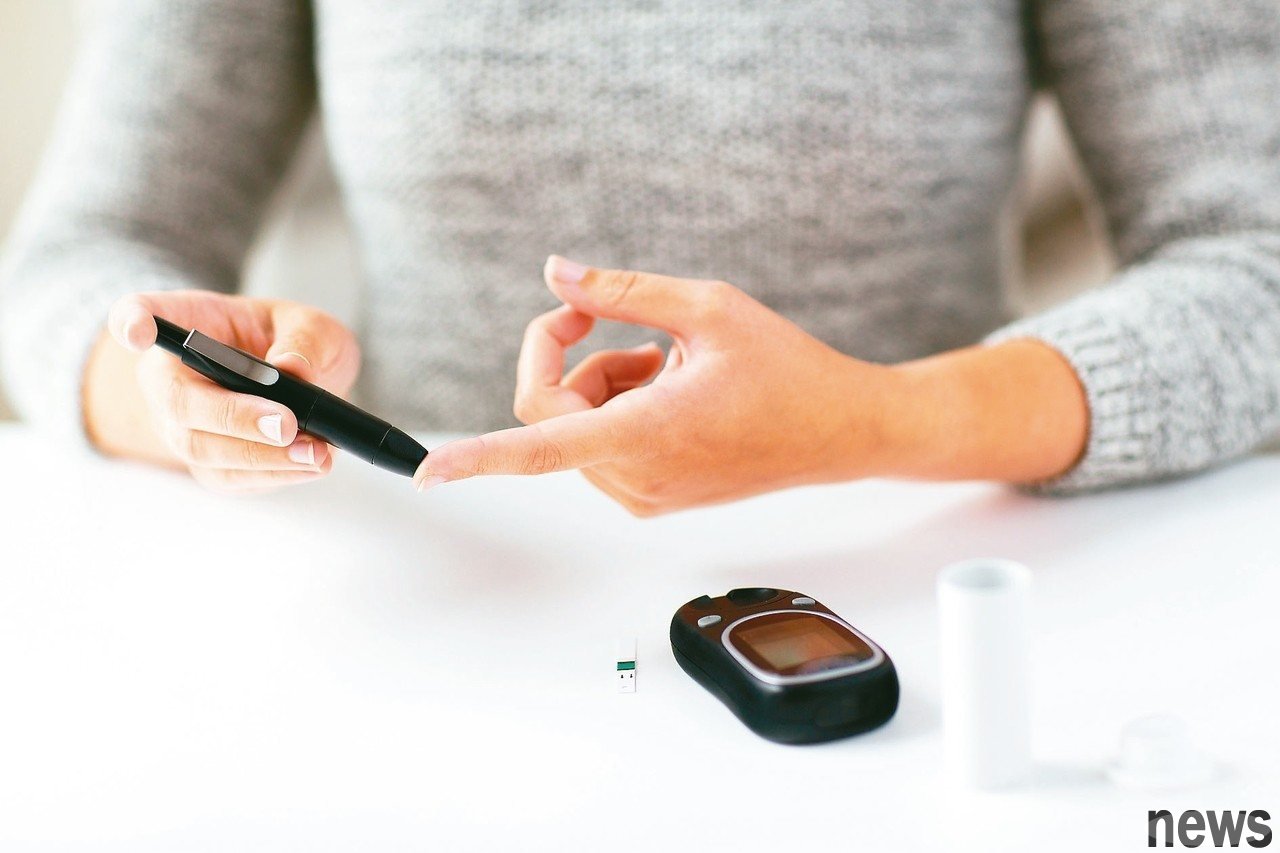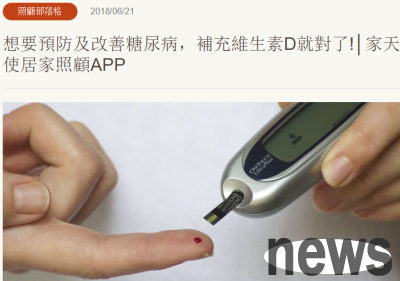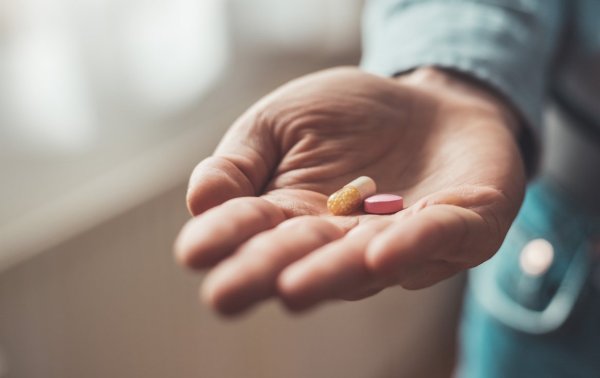Vitamin D is gone? Large-scale study by 100 experts in the United States: Cannot prevent diabetes

The world's top New England Medical Journal (2019-6-7) published a large clinical study titled Vitamin D Supplementation and Prevention of Type 2 Diabetes.
This research is provided by the National Institute of Health and has a fee and a practical charter. It is conducted at medical centers at 22 universities across the United States. It is attended by hundreds of doctors, professors and scientists. This shows the size of the scale.
{will have such a big move because there are more than 84 million people in the United States who are at high risk of type 2 diabetes, and many studies have found that low serum vitamin D concentration is related to type 2 diabetes, so many doctors say that taking vitamin D supplements should reduce the incidence of type 2 diabetes.
More than that, Taiwan's "Care Blog" simply said directly, "If you want to prevent and improve diabetes, it's right to supplement vitamin D!" (Please see the picture)

This study screened a total of 7,133 people from October 2013 to February 2017 to see if they meet the high risk of type 2 diabetes, and a total of 2,423 people (average age of 60) were taken. Of these, 1,211 were randomly assigned to the Vitamin D group (taking 4,000 Vitamin D3 per day), while the other 1,212 were assigned to the Soothing Reagent group. Before the experiment, there was no significant difference in serum vitamin D concentrations in these two groups (average about 28), but after one year of the experiment, the serum vitamin D concentration of the vitamin D group rose to about 52, while the consolation agent group remained at 28.
At the end date of the study (average two and a half years later), a total of 293 participants in Vitamin D Group were diagnosed as diabetes, while 323 in the pamper group. There is no significant difference in statistics between these two numbers. That is, taking 4,000 units of vitamin D3 per day will not reduce the incidence of type 2 diabetes.
I have published 40 articles about vitamin D on this website, and repeatedly pointed out that "Relatedness" is not equal to "Cause and Effect". Today, I will say again:
"lower vitamin D concentration" and "some disease" are just "related", not the former causes the latter. It is not that "taking vitamin D supplements" will "reduce the risk of a certain disease."
The facts have repeatedly proved that all clinical experiences with vitamin D supplements were concluded due to failure. Even the most prescribed "prevention of fractures" is all due to failure.
More than that, there was a weight-level article in April this year saying that vitamin D supplements can increase death risks.
So, do you still have to continue to do your own experiment?
Original text: Vitamin D supplement, failed again















